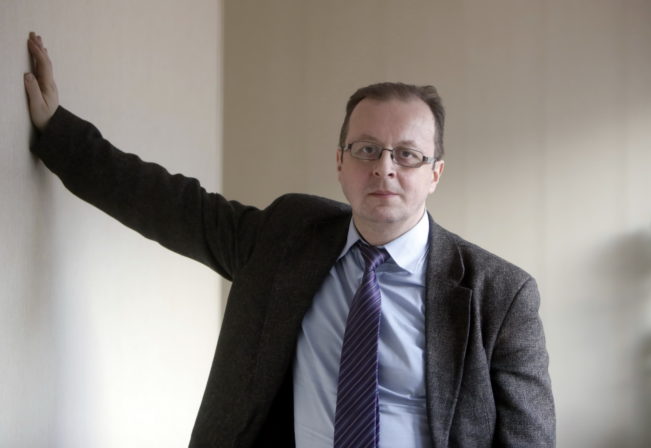Kazakh President Kassym-Jomart Tokayev chose the venue of the recent online summit of the Shanghai Cooperation Organization (SCO) for making several important statements. This authoritative international body, which includes Kazakhstan, China, Russia, India, Kyrgyzstan, Pakistan, Uzbekistan and Tajikistan, was created in 2001 and will soon celebrate its 20th birthday.

Dmitry Babich
The organization, which includes some of the most powerful and populous countries on the planet (25 percent of the Earth’s landmass and 40 percent of its human population), busies itself with a range of issues pertaining to the stability and prosperity of all of Eurasia: the fight against terrorism, military cooperation, economic development and the creation of the necessary transportation infrastructure plus creating financial reserves (several financial institutions, created in the framework of the SCO, attracted Western investors, too).
President Tokayev, who made his first foreign visit to a SCO’s summit in Bishkek after being elected in 2019, was as usual diplomatic and polite, congratulating his colleagues with the coming anniversary. But the main message of President Tokayev’s speech was not focused on the celebrations, but about addressing problems and about the ways to resolve them in a cooperative, non-confrontational way.
At the beginning of his speech, Kazakhstan’s President singled out coronavirus as the main challenge to the international community nowadays, noting the fact that the lack of a consolidated response to that challenge revealed serious shortcomings in international cooperation. In fact, President Tokayev bemoaned the fact that the world’s largest powers are still unable to iron out their differences even in the face of such a grave biological threat.
And, traditionally, every critical note from Kazakhstan is followed by a constructive proposal. “Mutual humanitarian assistance and exchange of specialists in fighting epidemics, sending these specialists to the most endangered areas helped to stabilize the situation in the SCO’s member countries,” Kassym-Jomart Tokayev said. “At this summit we are going to endorse a comprehensive plan of joint action against the epidemic threat, and this will be our collective response to this challenge of our times. We attribute special importance to the SCO’s initiative on the creation under the auspices of the World Health Organization of a network of regional centers focused on control of epidemic disease and biological security,” Kassym-Jomart Tokayev said.
So, Kazakhstan’s response to the challenges of COVID is as usual multilateral and collective. And this is no improvisation, it is a continuation of a long-standing policy.
Just recently, in September, when addressing the United Nations’ General Assembly, President Tokayev proposed to establish a special multilateral body – the International Agency for Biological Safety to control the threat of biological weapons.
Kazakhstan’s initiative on this “epidemiological safety network” was endorsed and supported by other SCO’s members, including the presidents of Russia and Uzbekistan. Russia’s president Vladimir Putin said that “at the first stage we could create a system of information exchange, sharing the best practices of treatment, as well as the most effective tested medicine for fighting coronavirus.”
Further addressing the SCO summit, currently chaired by Russia, Kassym-Jomart Tokayev noted the three evils of our epoch, which are made stronger by the global turbulence: separatism, terrorism and extremism. Promoting awareness about the joint cultural heritage of the SCO’s countries and promoting the preservation of that heritage could be a powerful antidote to each of these three evils, Kassym-Jomart Tokayev noted, and this idea was met with general approval of the SCO’s representatives who were participating in the online meeting.
It should be noted that Kazakhstan suggests modern responses to other challenges of our times, which include climate change, hybrid wars, as well as the clash of globalism and nationalism in international trade.
More dialogue between East and West could reduce tensions and the lack of trust leading to the threat of “hybrid wars” as violent methods of prevention where “preventive diplomacy” fails; support for the One Belt, One Road Initiative with necessary extension of its benefits to the countries outside Eurasia too; the creation of mechanisms of financial stabilization inside the huge area which is home to the SCO’s member countries.
These are just a few of the responses suggested by Kazakhstan. And there is no doubt that these suggestions will be followed by collective actions.
The author is Dmitry Babich, a Moscow-based journalist with 30 years of experience of covering global politics, a frequent guest on BBC, Al Jazeera and RT.
